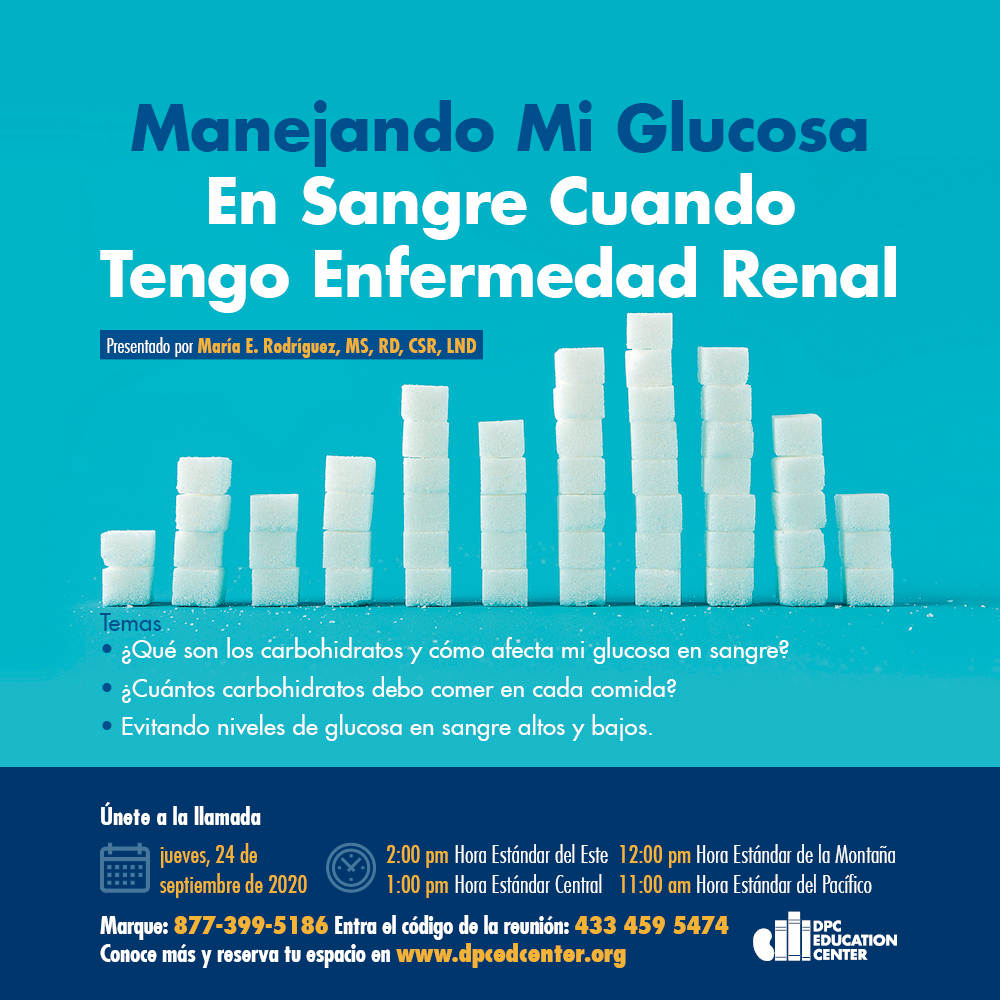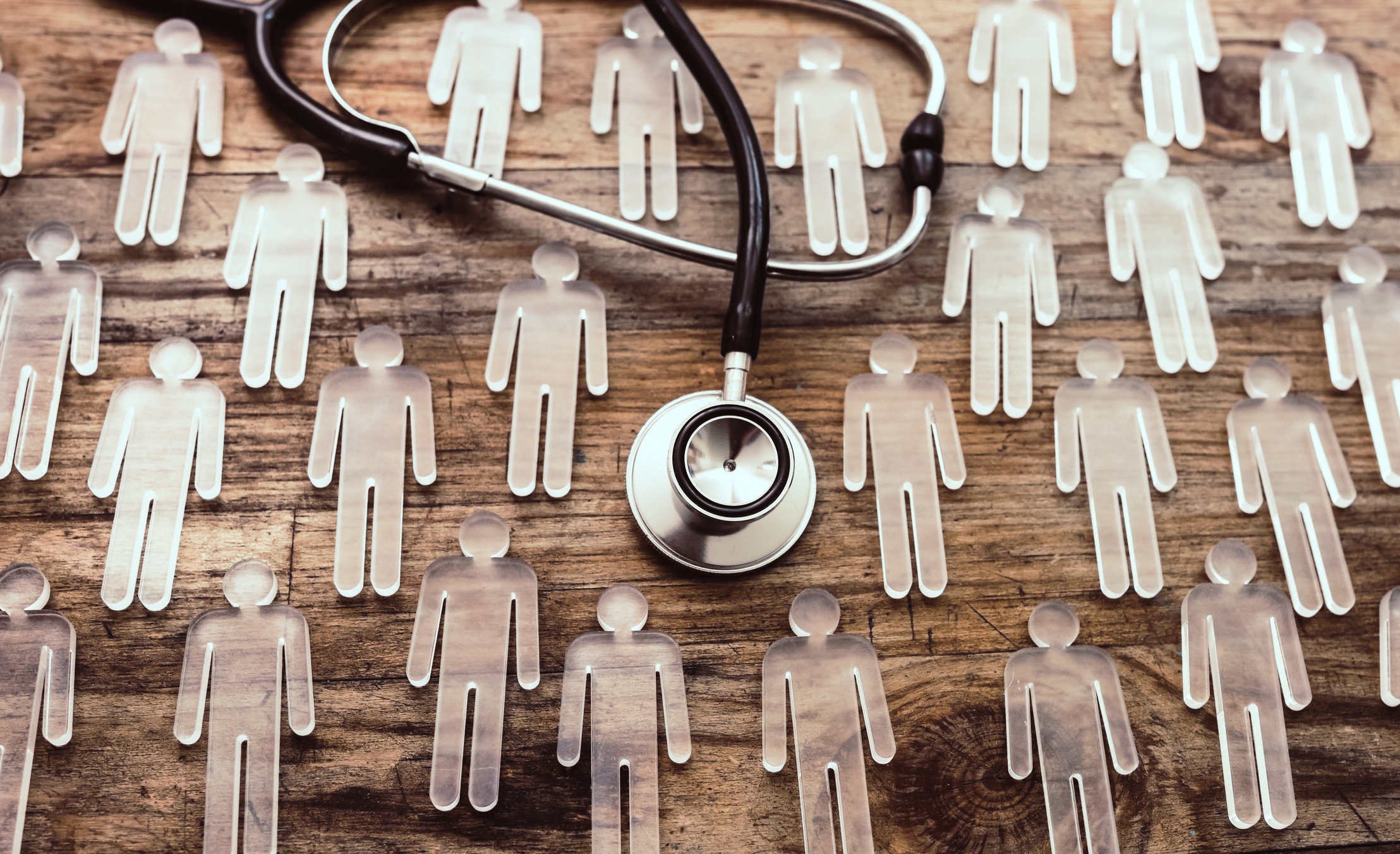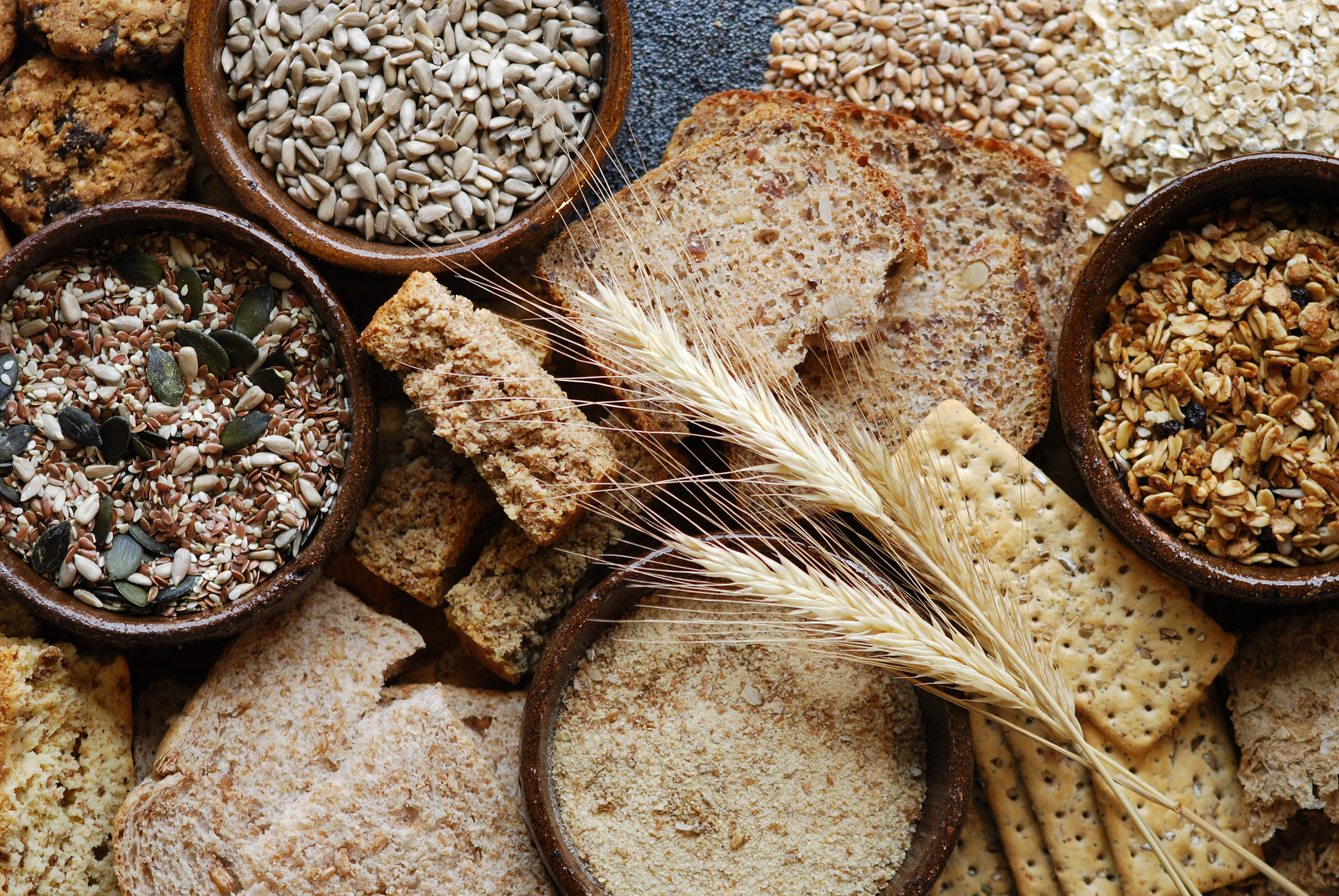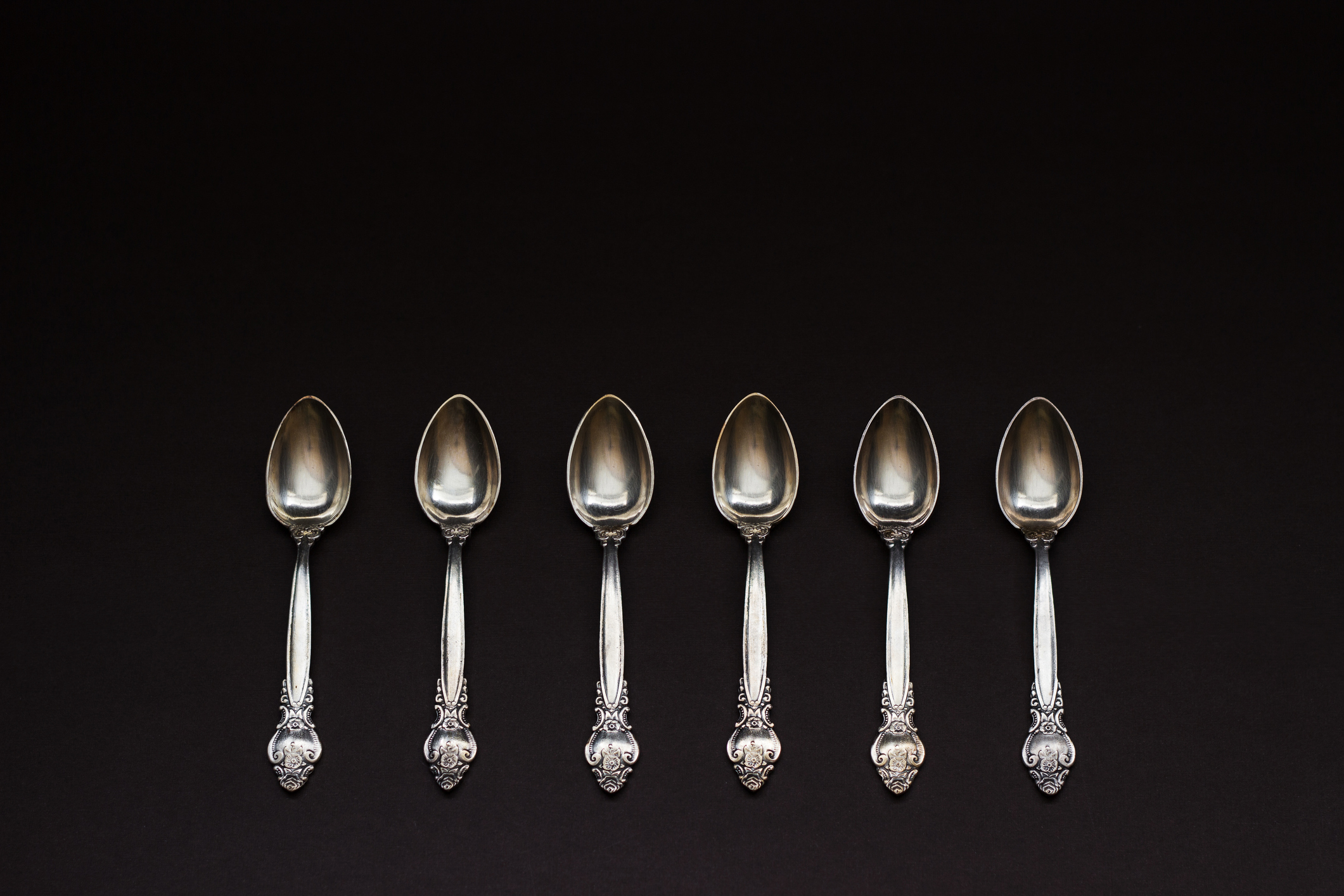Kidney Patients and Coronavirus: What Have We Learned?
By Alan S. Kliger, MD The COVID-19 pandemic has changed life for virtually everyone on the planet. For most of this year, we have all gone through many troubling emotions: fear, disbelief, anxiety, anger, mistrust, cynicism. We also have learned so much, and have looked to the future for trust, hope, anticipation, and most of all the ability to get on with life beyond face masks, social distancing, closed schools and closed businesses, and to a time we don’t have to worry every time someone walks toward us: might they be the one who infects me. In the midst of such [...]









